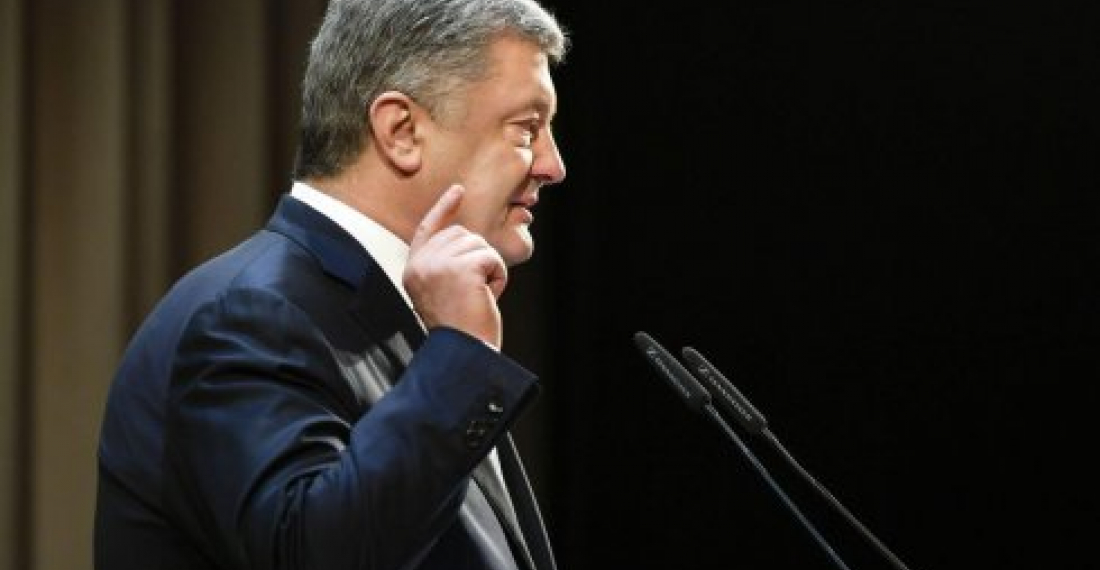Ukrainian president Petro Poroshenko has slammed Russia's policy towards his country and said the Kremlin was set on trying to create the Soviet Union 2.0
He told visiting EU Council president, Donald Tusk, that a recent Russian attack on Ukrainian boats near the Kerch Strait is an attempt to occupy the Kerch Strait and the Azov-Black Sea basin
Poroshenko said he is convinced that the Kremlin is seeking not only to return Ukraine to its zone of influence, but also to destroy its statehood. "The Kremlin's goal is not only an attempt to force [Ukraine] to return to the so-called zone of Russia's influence, to stop our steady movement towards Europe, its goal is to destroy Ukraine's statehood to create Soviet Union 2.0," he said. Poroshenko met Tusk in Kiev on Monday (18 February). Tusk tweeted that he was visiting Ukraine to meet Poroshenko and commemorate the anniversary of the Maidan protests five years ago.
Arrived in Kiev to meet President @poroshenko and pay tribute to all Ukrainians on the 5 years #Maidan anniversary tomorrow. pic.twitter.com/Ab2OBtAuAj
— Donald Tusk (@eucopresident) February 18, 2019
In his remarks Poroshenko mentioned a recent act of Russian aggression when Russia's security forces attacked three Ukrainian naval boats near the Kerch Strait on November 25. "The attack on the Ukrainian boats was absolutely cynical - it was a blatant act of aggression against the Ukrainian Navy, it was an attempt to occupy the Kerch Strait and the Azov-Black Sea basin by the armed forces of the Russian Federation, the border troops of the Russian Federation's Federal Security Service," he said.
Related content: Tension rises between Russia and Ukraine in the sea of Azov
source: commonspace.eu with UNIAN news agency, Kiev.
photo: Petro Poroshenko (archive picture)






